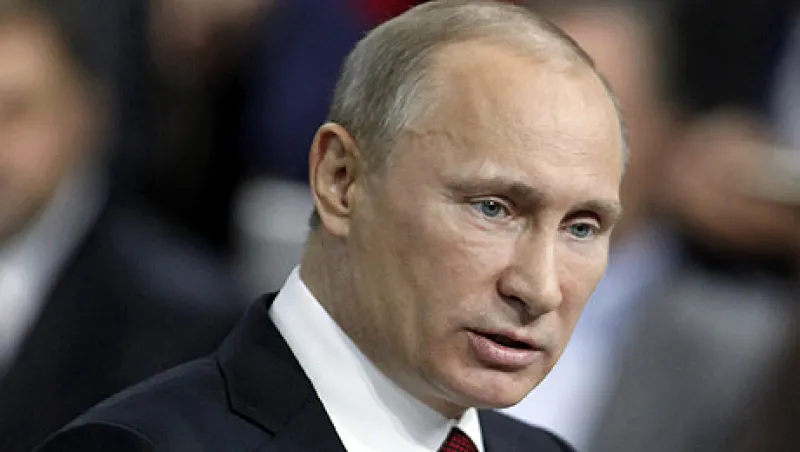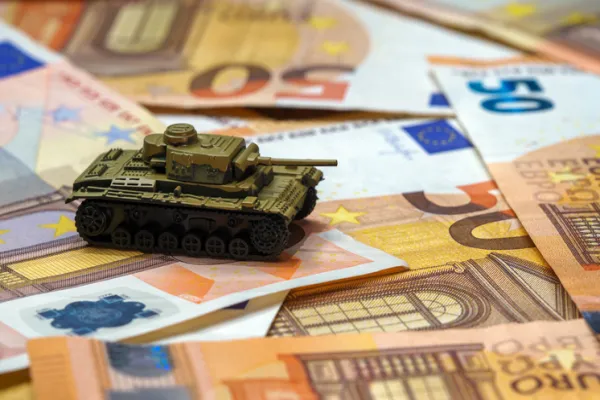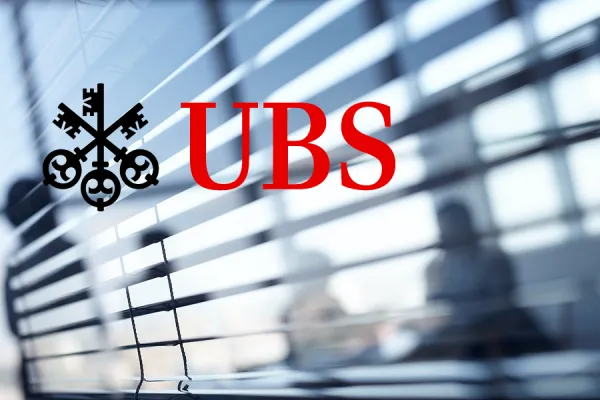Vladimir Putin is used to adulation when he appears in public at home. But the Russian president got none from investors earlier this month at a Moscow economic conference where he spoke and lingered for an extended Q&A session.
Alexander Branis, chief investment adviser at London-based Prosperity Capital Management, asked why Putin’s government had just “confiscated” two years’ worth of contributions by Russian workers enrolled in private pension plans. With $3.7 billion under management, Prosperity is the largest intermediator of foreign funds into Russia.
At issue is a sudden Kremlin policy reversal threatening a 2002 pension reform that investors hoped would finally create a pool of long-term domestic capital in Russia. The change of course may also point to cracks in the broader edifice of Russian macroeconomic strength. For the past 11 years, Russians born after 1967 have had the option of diverting the equivalent of 6 percent of their salary into privately managed pension savings rather than the traditional state fund. Investors have built up some $80 billion in these accounts. Fund managers investing this money have been largely restricted to government bonds by a requirement that they show a profit for each calendar year. Officials like Deputy Finance Minister Alexei Moiseev have lately assured the industry that these constraints would be loosened, transforming pension assets into the long money that Russian markets sorely lack.
Instead, in early October the government announced a moratorium on accruals in private pension funds for 2013 and 2014. Contributions will be credited to savers’ accounts and theoretically deposited later, but the money will be diverted into the state pension system, which has been running annual deficits of roughly 1 trillion rubles ($31 billion) for the past few years.
Pension managers say the about-face came without warning. “We have to guess at what the government is doing through hints they drop in the newspapers,” complains Yuri Novozhilov, executive director of No. 2 Russian pension fund Blagosostoyaniye, which manages some 276 billion rubles and is controlled by state-owned Russian Railways.
Putin insisted that his aim was to protect the 25 million or so Russians enrolled in private pension schemes, not to make off with their cash. The government called a time-out because regulation was shaky, he told the conference, which was sponsored by state-owned investment bank VTB Capital. “I do not want to see any more deceived depositors,” Putin said, using the phrase applied to savers who have been bilked by pyramid and apartment-purchase schemes in post-Soviet Russia.
Subsequent government statements outlined a plan for resuming the dual-track pension system in 2015, with a state guarantee on capital contributed and more transparency in fund governance. The Finance Ministry promises that investment strictures will be liberalized then too.
Earlier this year the Central Bank of Russia, the state’s most respected bureaucracy, took over pension regulation by absorbing the Federal Commission on Securities Markets.
Prosperity’s Branis isn’t buying the official line. “It’s a strange way to fix the system, shutting it down entirely,” he says. Russia’s budget is strained by an aging population and social spending promises that Putin made in the so-called May decrees he issued after starting his latest presidential term in 2012, Branis explains. But the 244 billion rubles a year that can be drained from private pension contributions isn’t a meaningful remedy, he contends.
Rather, Branis sees a political victory for the government’s “social bloc” — headed by Maxim Topilin, the minister of Labor and Social Affairs — which has long been hostile to privatizing part of the pension system. “It’s amazing that they would undermine the Russian financial system for such a small amount of money,” Branis says.
Vladimir Potapov, head of investment management for Moscow-based VTB Capital, gives the government more benefit of the doubt. Current pension regulations are indeed weak, running the risk that managers will misappropriate funds and savers will be left underfunded at retirement, he says. “Pension funds are now classified as noncommercial organizations that don’t belong to anybody, and large corporations have been spinning off their plans into these nontransparent entities,” Potapov observes. “The new plan is to turn them into joint stock companies with clean ownership and governance.”
If Putin and his ministers keep their promise to guarantee principal and extend funds’ permitted investment horizon, Russia’s private pension system could return stronger in 2015, Potapov argues. On the other hand, the so-called moratorium could be extended indefinitely. “That is the great question,” Potapov says.
Read more about pensions.






